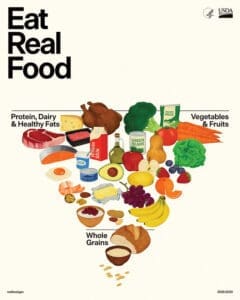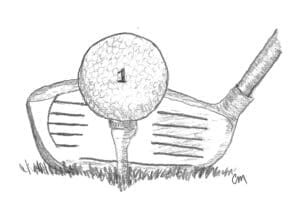By Will Verboven, Contributing Editor
I expect few Americans are aware that a single person charged with a civil crime in the United States will cause the Canadian agriculture industry to lose more than $6 billion. The genesis of the issue was the arrest of Ms. Meng Wanzhou by Canadian border officials as she arrived in Vancouver. That arrest was made under the auspices of a U.S. warrant that Canada honored under an existing extradition treaty. This lady isn’t just an ordinary Chinese tourist, she is the daughter of the founder of Huawei, a multi-billion-dollar global electronics and communications monster.
Wanzhou is considered royalty by the Chinese government, and her arrest so outraged them that they have begun boycotting Canadian agriculture commodity imports to provide Canada with some financial incentive to release their Chinese princess. They have banned Canadian canola imports, claiming it was contaminated by pests. In the past, they annually imported 40 percent of Canadian production worth billions. The Canadian government refuses to change their decision on the arrest and naively assumes the Chinese, through quiet diplomacy, will just let justice proceed. If the American trade discussion experience with China is any example, it takes a really big brickbat to get the attention of China about its bullying and devious trade practices. Canada has no way of getting China’s attention, and the pressure is getting worse.
The Federal Liberal government haughtily claims that the issue is a matter of law, and Canadians will stand behind that moral principle. That’s a wonderful high horse to ride, but Canadian farmers and ranchers are paying the price. China is now taking steps to block imports of Canadian soybeans, legume pulses and meat. The latter includes Canadian beef imports, which amounted to about $100 million per year – a significant amount to a small beef exporter like Canada. The Chinese claimed it had to stop the imports because of fraudulent documents. What a coincidence considering this has never happened before.
Some may observe this is all tough luck for Canada due to a self-inflicted decision to arrest a Chinese princess. Some might even see this as an opportunity to displace the banned Canadian beef with more U.S. beef exports to China. No problem with that; however, $100 million worth of Canadian beef will be looking for a new home – most likely within Canada, which just happens to be the largest export market for U.S. beef and cattle. We also know that U.S. buyers will happily buy that Canadian beef for an additional discount. Sure, the market will adjust, but it shows how beef production and marketing is always part of so many global trade intrigues.
The American pork and beef industries know the latter all too well. The Chinese have applied massive tariffs against U.S. pork imports, and American beef will be part of that tariff retaliation game. However, unlike Canada, the United States has the political and trading power to retaliate against Chinese obstruction on fair trade issues. The United States also has an activist president who won’t stand for bullying tactics by the Chinese. Canada’s response to the Chinese has been appeasement and hoping the Chinese will get bored with beating us up. Of course, if Canada released the Chinese princess, the issue could be mitigated. Apparently, she is more important than the wellbeing of the Canadian agriculture industry. It will only get worse.
In the distant past I have expressed my exasperation with what seems like the constant use of beef as a convenient whipping boy in foreign trade issues. The Canadian government is infamous for trading away our agricultural interests. Therefore, it was heartening to see the U.S. government walk away from further free trade discussions with the European Union (EU) trade block on the premise that the EU side refused to abandon their bogus trade restrictions on North American beef and GM ag commodities. Two years ago, Canada signed a free trade deal with the EU, and promised increased beef imports from Canada have proven excruciatingly difficult due to ever-inventive EU restrictions and protocols. Hopefully, U.S. trade officials will not fall into the EU free trade agreement trap.
However, another trading block has made a deal that may affect existing North American beef exports to the EU. The MERCOSUR group of South American trading countries recently signed a free trade agreement with EU. That group includes beef exporters like Argentina, Brazil and Uruguay. As you might expect, they were granted massive tariff reductions on their existing and expanded EU beef quota share. That will make them very competitive with North American beef exports to the EU.
But there is a bigger difference that will make this new development even worse. As part of the free trade deal, the EU wants the MERCOSUR group to buy more products from EU countries. The only way they can do that is to acquire more tradeable hard currency from the EU. The only way they can do that is to sell more beef to EU countries.
I believe that in order to facilitate increased MERCOSUR beef imports, the EU will instigate devilish new ways to thwart existing North American beef imports. I know it sounds conspiratorial, but beef producers need to know that their product is always front and center to global trade intrigues. We need to have a North American beef trading block strategy to protect our interests. Such an approach sure seems to work for the EU and MERCOSUR trading blocks.





